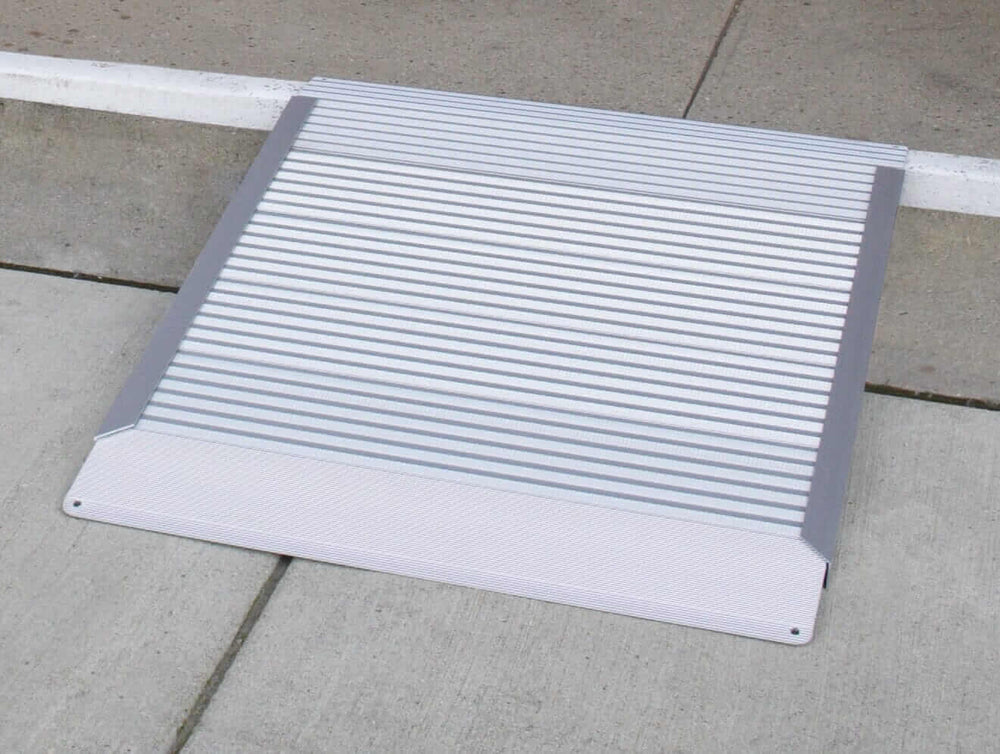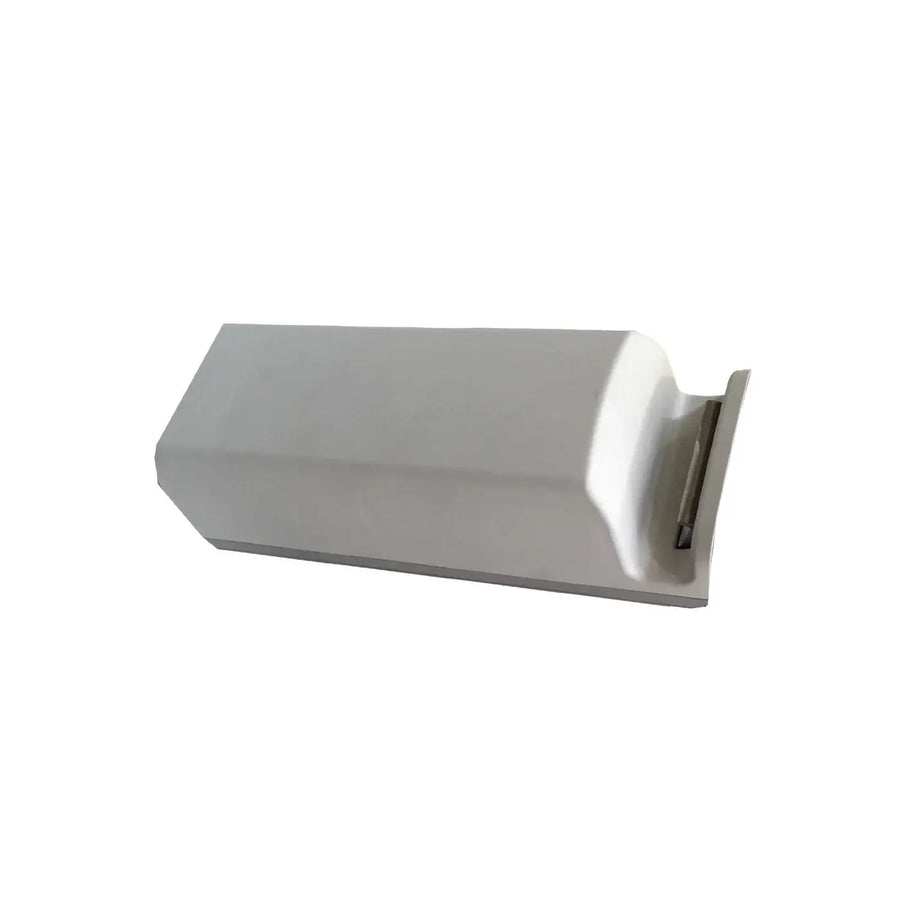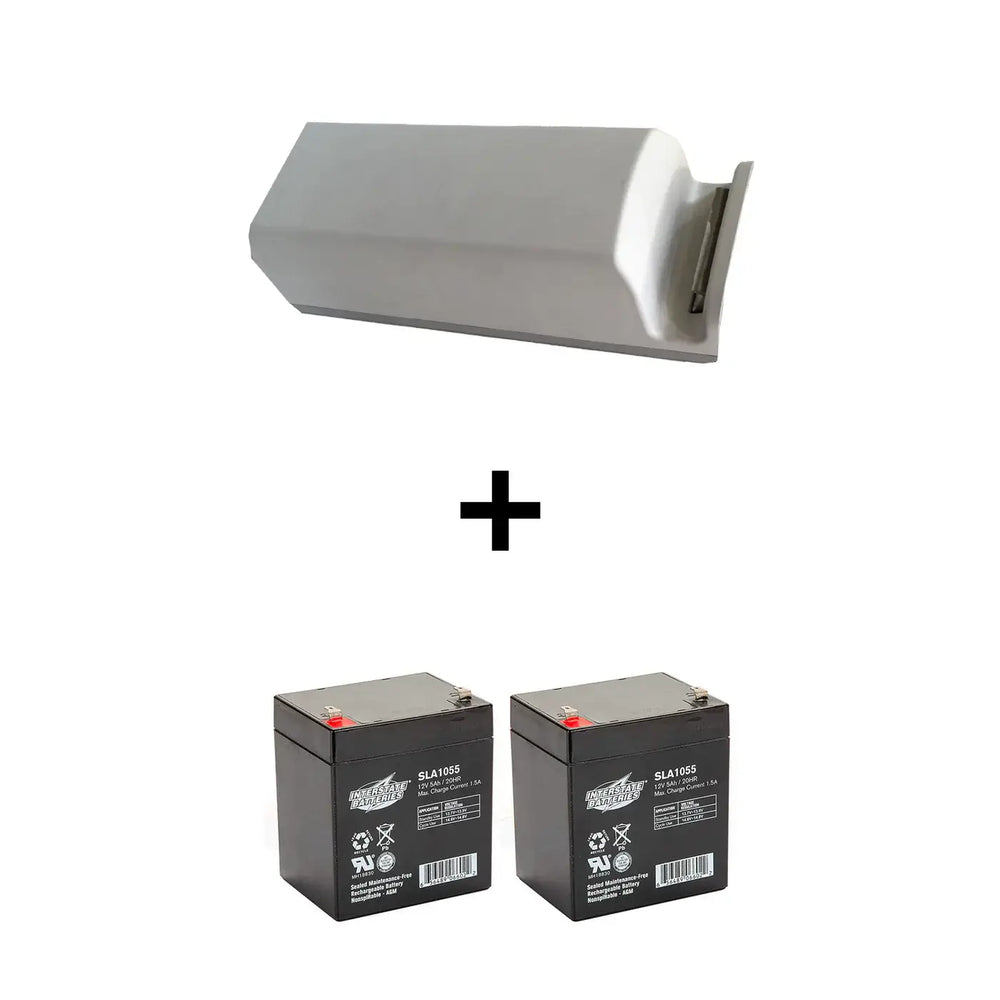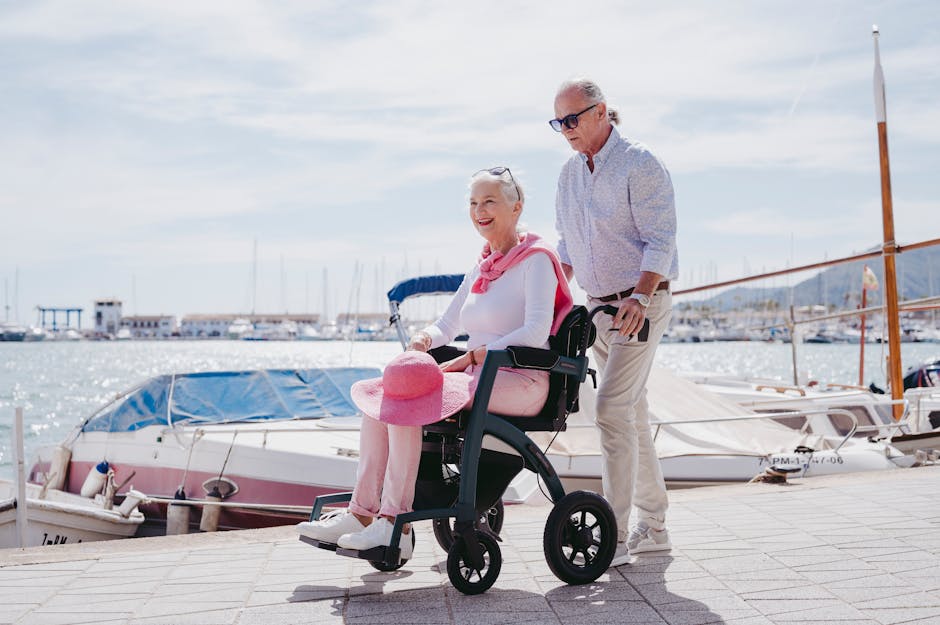5 Factors to Consider When Selecting Walking Aids for Elderly Loved Ones
Importance of walking aids for the elderly
Walking aids for the elderly play a crucial role in maintaining their independence and mobility. They help prevent falls, support balance, and provide stability while walking. Choosing the right walking aid can significantly improve your loved one’s quality of life and allow them to move around safely.
Understanding the needs of elderly individuals
Elderly individuals may require walking aids due to various reasons like age-related mobility issues, injuries, or illnesses. Understanding their specific needs is essential to select the most suitable walking aid. Here are some factors to consider:
- Mobility Level: Assess how much support is needed for walking.
- Comfort: Choose a walking aid that is comfortable to use for extended periods.
- Weight and Size: Consider the weight and size of the walking aid for easy handling.
- Adjustability: Opt for walking aids that can be adjusted to fit the individual’s height and needs.
- Safety Features: Look for walking aids with safety features like sturdy grips and non-slip tips. Understanding these needs will help in choosing the right walking aid to enhance the elderly person’s mobility and independence.
Types of walking aids available
There are several types of walking aids available to assist elderly loved ones with mobility. These include canes, walkers, rollators, crutches, and wheelchairs. Canes offer the least support but are easy to use. Walkers provide more stability and support and are ideal for those who need extra help with balance. Rollators are walkers with wheels and are suitable for those who need to move at a faster pace. Crutches are used when mobility on one leg is limited. Wheelchairs are ideal for those who have extensive mobility issues and need full assistance. When selecting a walking aid, consider the individual’s specific needs and mobility requirements to choose the most suitable option.
Factors to consider when choosing walking aids
When choosing walking aids for elderly loved ones, consider these factors to ensure their safety and comfort.
- Mobility Needs: Assess the individual’s mobility requirements to determine the type of walking aid that suits them best.
- Comfort: Prioritize the comfort of the walking aid to promote regular use and enhance user experience.
- Adjustability: Opt for walking aids that are easily adjustable to accommodate changes in the user’s condition.
- Safety Features: Look for walking aids with sturdy construction and safety features to prevent accidents and injuries.
- User-Friendly Design: Choose walking aids with a user-friendly design to make it easier for elderly individuals to use them effectively.
Comfort and safety features to prioritize
When choosing walking aids for elderly loved ones, prioritize their comfort and safety features. Look for aids that offer sturdy support and are easy to adjust to the right height. Opt for aids with ergonomic handles for a comfortable grip, and ensure they have non-slip rubber tips for stability. Consider lightweight options that are easy to maneuver and store, and look for aids with additional features like padded seats or storage baskets for added convenience while walking. It’s essential to prioritize both comfort and safety to ensure your loved one can move around with ease and confidence.
Adjustability and ease of use
When choosing a walking aid for your elderly loved one, it’s important to consider how easy it is to adjust and use. Here are some key points to keep in mind:
- Adjustability: Look for walking aids that can be easily adjusted to suit your loved one’s height and comfort. This will ensure proper support and reduce the risk of falls.
- Ease of Use: Opt for walking aids that are simple to operate and maneuver. This will make it easier for your loved one to use the aid confidently and independently.
- Consider models with adjustable handles and height settings to provide a custom fit for your elderly loved one. The simpler the design, the easier it will be for them to use on a daily basis.
Weight and mobility considerations
When choosing walking aids for elderly loved ones, it’s important to consider their weight and mobility. Here’s why:
- Weight: The walking aid needs to support the individual’s weight to provide stability and prevent falls. Consider weight capacity recommendations for each type of aid to ensure safety.
- Mobility: Take into account the individual’s mobility level. Choose a walking aid that matches their ability to maneuver it comfortably and safely.
By considering weight and mobility factors, you can select the most suitable walking aid to support your elderly loved one effectively.
Budget and cost-effective options
Look for walking aids that are affordable and offer good value for money. Consider options like basic walkers, standard canes, or refurbished equipment, as they tend to be more budget-friendly. Look out for sales, discounts, or second-hand options to save money without compromising on quality. Prioritize durability and comfort to ensure the aid will last and provide the necessary support for your loved one. Check with insurance or healthcare providers to see if any financial assistance or coverage is available for walking aids. Remember, the goal is to find a cost-effective option that meets your loved one’s mobility needs.
Consulting healthcare professionals for guidance
Healthcare professionals like doctors, physical therapists, or occupational therapists can offer valuable insights on selecting the most suitable walking aid for your elderly loved one. They can assess factors such as mobility level, balance, strength, and medical conditions to recommend the best walking aid. Their expertise is crucial in ensuring the aid fits well and is safe to use, promoting independence and reducing the risk of falls.
Conclusion and final considerations
In conclusion, when choosing walking aids for elderly loved ones, it is important to keep in mind the following factors:
- Mobility Needs: Consider the specific mobility requirements of your loved one to ensure the walking aid suits their needs.
- Safety Features: Look for walking aids with sturdy construction, good grip, and safety features like brakes to prevent falls.
- Comfort: Prioritize comfort by selecting walking aids with adjustable height, padded handles, and smooth mobility.
- Portability: Opt for lightweight and foldable walking aids for easy transport and storage.
- Budget: Balance quality and affordability to ensure you select a walking aid that provides the necessary support without breaking the bank.








Leave a comment